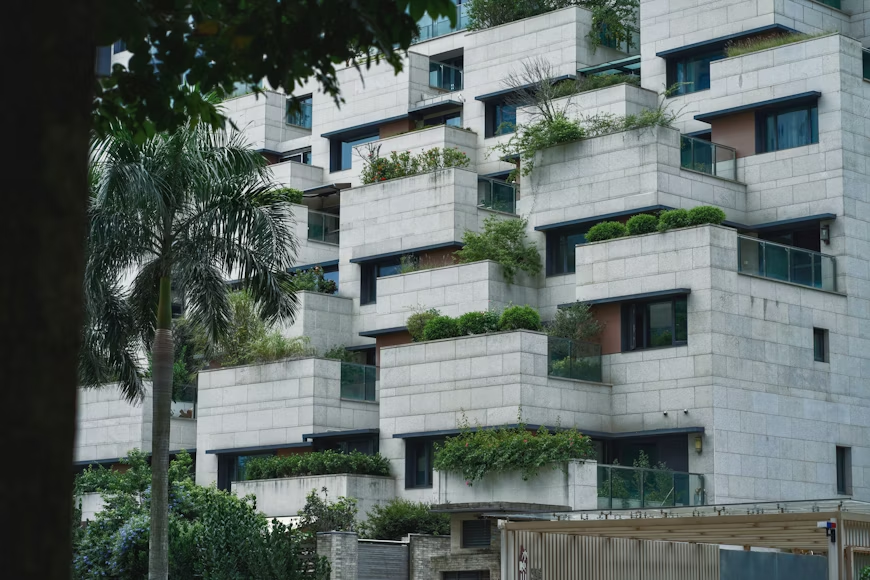
Administering a condo board in Illinois involves grasping complicated laws that are made to protect homeowners and shape decisions. Many board members only understand the extent of their legal obligations when their board faces complaints, fines, or disputes. This guide explains the important Illinois and Chicago laws every condo board must abide by to stay in compliance and avoid costly mistakes. Core Statutes Boards Must Follow Illinois condo boards are generally governed by three main laws. These include: Condominium Property Act (CPA) – It helps in defining elections, meetings, record-keeping, and fiduciary duties.Common Interest Community Association Act (CICAA) – This Act...





